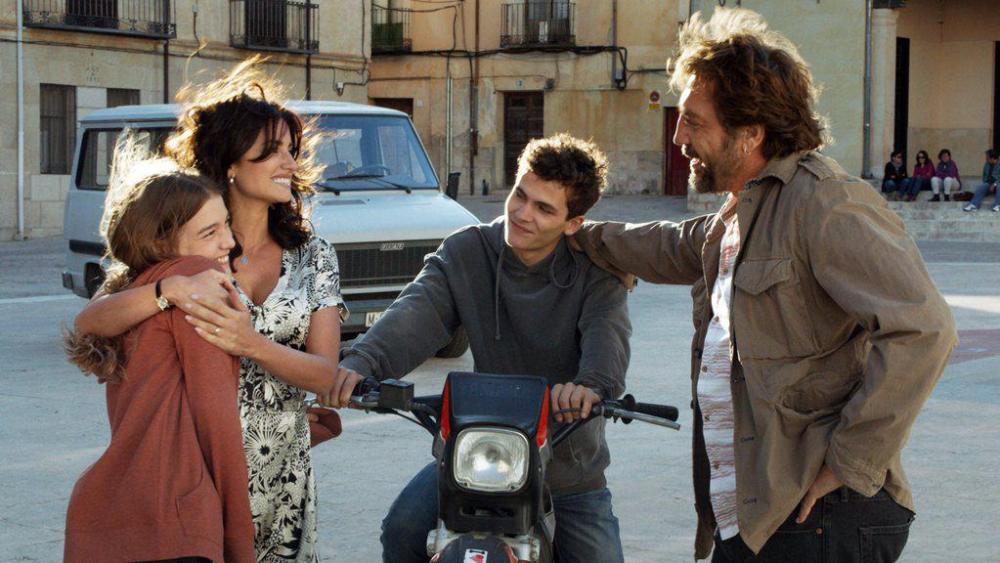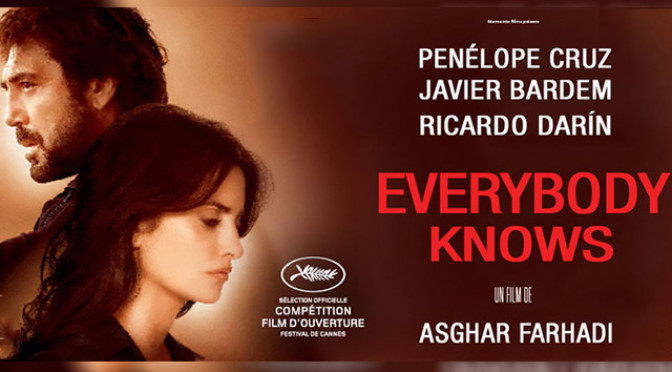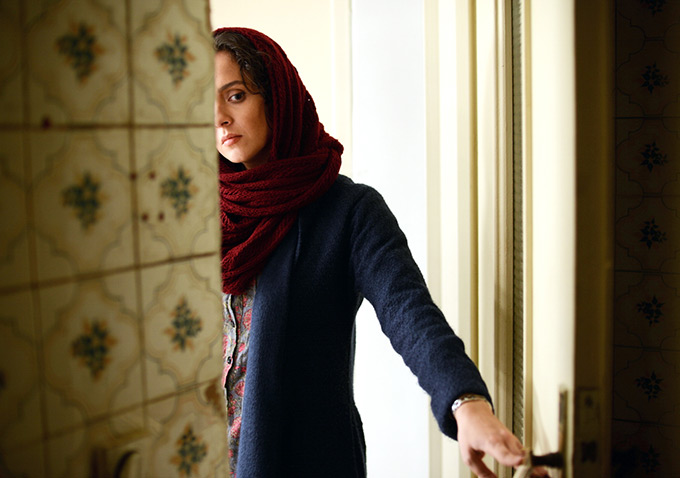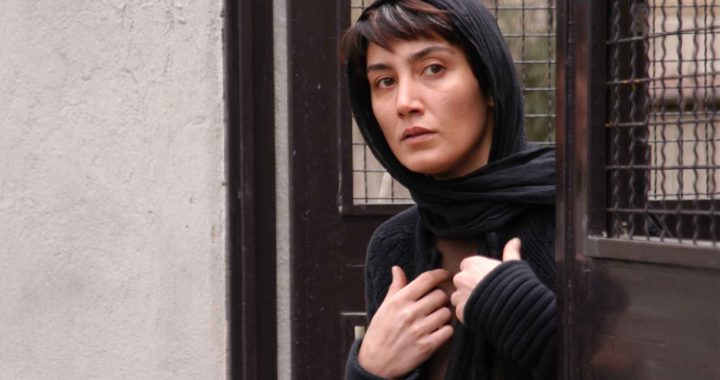Somehow switching from language to language, despite not being fluent, Asghar Farhadi (A Separation) has made his second non-Iranian and first Spanish feature. The film boasts a powerhouse cast with Penélope Cruz (Volver) as Laura, a Spanish native visiting from Argentina with her daughter for her sister’s wedding, Javier Bardem (No Country for Old Men) as Paco, a family friend who she has a complicated history with, and Ricardo Darin (The Secret in Their Eyes) as Laura’s husband Alejandro. The film begins with a wedding celebration that is interrupted when Laura and Alejandro’s daughter goes missing.
The depth of the family connections are immediate. In a flurry of hugs and kisses, we see siblings, aunts, uncles, cousins, and family friends warmly embracing each other in the sunny Spanish countryside. With little exposition, the mutual affection is established and the picturesque setting and upcoming wedding celebration are almost enough to make you forget that this is an Asghar Farhadi film and that something is about to go wrong. Yet, the seeds of future arguments are hinted at early on. Farhadi’s favorite theme of class divide is made apparent as certain characters talk about their financial difficulties in contrast to the relative success of others and more complicated histories appear to exist beneath the exterior of the welcoming smiles.

The kidnapping leads to long buried secrets being revealed. Since the crime happens during a family gathering, the potential suspects are all loved ones. Past relationships, both personal and professional, resurface to complicate matters and the visible strain the search for the culprit puts on the family bonds is effective. Laura is torn between her love for her family and facing the reality that one of them may be using her daughter, their relative, to extort money from her. Each person she would normally turn to for help is a potential suspect and the mystery creates suspense until the true culprit is finally revealed.
Plot-wise, the film is closest to About Elly, but it falls short of that high benchmark. Both stories follow a young woman who goes missing during an otherwise carefree event, but as Farhadi’s signature plot intricacies reveal themselves, there are a few crucial differences. In the best of Farhadi’s works (About Elly, A Separation, and The Past), he takes a familiar situation and injects a conflict with seemingly endless perspectives where each character’s actions are flawed, but their motivations and thought processes are understandable. In Everybody Knows, the conflict is decidedly less complicated. The relationships are still layered and interesting, but the central event is an actual crime – meaning there are clear villains. These characters may have depth to their motivations, but their extreme actions are never forgivable. In previous films, Farhadi would design his plots so that the central conflict and the ensuing consequences were unfortunate outcomes of humanly flawed thinking that put the viewer in a state of nail-biting moral confusion. There was no one to root for when everyone made mistakes. In structuring his newest film as a whodunit, Farhadi has removed the moral ambiguity and weakened the previously gut-wrenching effect of his trademark multilayered relationships and plot reveals.

3/5 stars.





